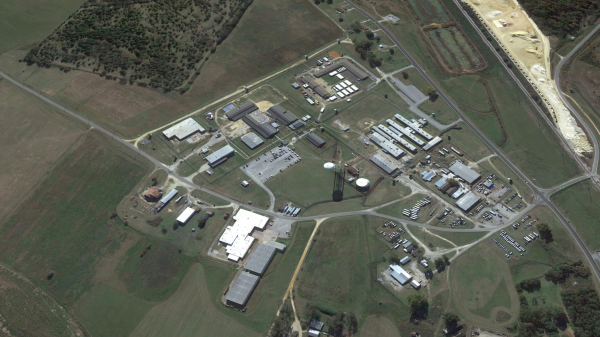|
Getting your Trinity Audio player ready...
|
The Alabama Department of Corrections confirmed in a statement on Monday that five of the state’s 14 major correctional facilities are continuing to experience total work stoppages due to the general strike and protest launched by incarcerated workers last week.
In a statement released on Monday, a spokesperson for the ADOC confirmed that “only five of the fifteen major correctional facilities” are continuing to see full-scale work stoppages, with the majority of correctional facilities seeing a partial return to work by incarcerated individuals.
Additionally, the spokesperson said that “the position of the ADOC is in full alignment with Governor Kay Ivey” — who has maintained since the beginning of the general strike and protest on Monday that demands laid forward by incarcerated individuals are “unreasonable” and most would require massive legislative changes to the state’s correctional system.
“Most of the protestor demands would require legislation, not unilateral action by the ADOC,” the spokesperson said on Monday.
Facilities since the beginning of the general strike and protest on Monday of last week have switched from a thrice daily meal service schedule to a twice daily meal plan, which the ADOC has denied is a retaliatory tactic aimed at striking workers despite allegations to the contrary.
“Most facilities have seen the partial return of inmate workers resulting in the restoration of regular meal services,” the spokesperson said on Monday. “All facilities remain operational and critical services have been maintained.”
Even at full correctional staffing capacity, facilities would not be able to provide full-scale meal services without incarcerated individuals working in the kitchen. Individuals at work-release centers have been brought to nearby facilities to work preparing meals for individuals at striking facilities, with threats of reclassification and transport back into major facilities if they did not comply, according to sources within the Alabama correctional system.
According to a source who asked to remain anonymous for fear of retaliation, Robert Earl Council, an incarcerated activist at Limestone Correctional facility known by the moniker Kinetic Justice, has been on a hunger strike since Friday after being transported to solitary confinement for releasing a video of an individual previously on work release who alleges that correctional staff forced him to “work against the inmates,” and, in so doing, placing his life in danger.
On Friday, a group of incarcerated men with medical conditions requiring consistent meals filed a Motion to Intervene in the federal government’s ongoing lawsuit with the state and the ADOC, claiming in the motion that the number of meals and the low caloric intake were “potentially life-threatening” to those incarcerated individuals with medical conditions.























































